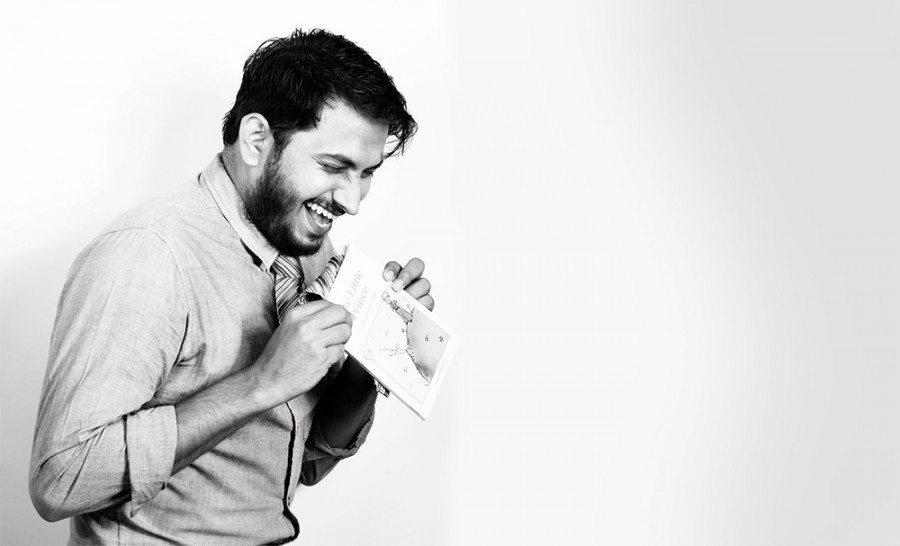
Old Galo songs don’t play
on radio anymore.
I ask Mikom to sing
MogeDoji, MartoKamdag
orMibiNyadu, who the locals say
sings better than LataMangeshkar.
I hear most children sing
Bollywood; it’s cool.
Who sings in Galo?
Everybody has their versions of folk tales
yann and kaben songs at weddings,
own ways of speaking Galo,
code words broadcasted verbally to children.
Who needs written text?
Walking aimlessly in the valley,
I see two kids playing with getis.
‘Where can I buy one?’
Pinjum and Kirdum laugh at me. ‘You can’t.’
You make it on your own.
Who wants to shop online?
Tokupatta roofs last for fifteen years;
bamboo floors shine longer.
All you need is food to be cooked
for villagers helping to build the house.
Bamboos are known to survive
the atomic blast of Hiroshima.
Who needs cement?
Between freedom and chain,
life strides like a Mithun.
You can tell if a Mithun is healthy
by the size of its hump, and the front lobe.
The healthy ones go to the bride’s side.
Who looks at the shine in their eyes?
Lichum and Lacquer are antique ornaments
but their value in the plains are unknown.
The Galo are laden with them during weddings
andnidaparikh, the welcome dance,
holding sliced branches from Enchi trees for good omen,
with cane-hats adorned with bear hair,
and the beaks of Hornbills
Who needs blood diamond?
(Note: The Galo are a central Eastern Himalayan tribe which primarily inhabit the West Siang district of Arunachal Pradesh. Getis: Catapult/ Yann/Kaben: Lyrical poems in Galo/ Tokupatta: Palm leaf/ Mithun: A semi-domesticated animal/ Nida parikh: A Galo dance)
Madhu is a poet, social activist, and art event curator. He works in social development and public health. He is the founder of Po Art Initiative and Poetry Couture, one of India's largest pro-bono poetry initiative. Formerly, he was working as a Senior Consultant to the Ministry of Women and Child Development, Government of India, and with the Knowledge Partnership Programme. His recent book of poems, Make Me Some Love To Eat has been well received nationwide. Madhu attended Arunachal Pradesh’s first artist residency programme, which was held in Basar recently. The month-long residency, organised by local non-profit organisation, GuminRegoKilaju (GRK), ended with BasCon 2017, a two-day festival to promote the region, its people and its culture.

